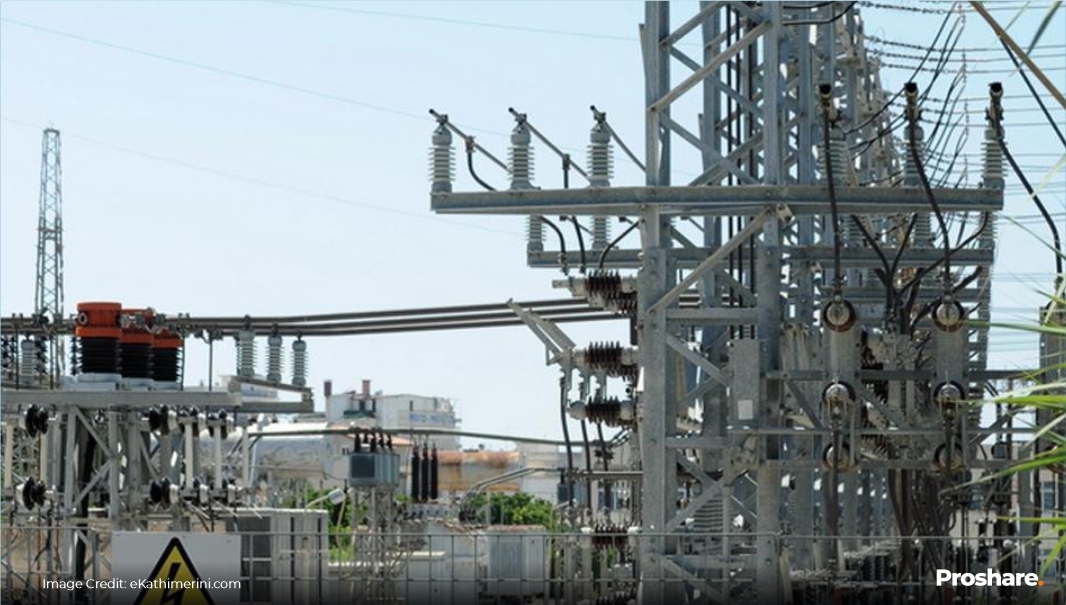Retail investors in Nigeria are projected to mobilize $94 billion by 2030 for climate change financing, as revealed by Standard Chartered’s Sustainable Banking Report 2023.
The report highlighted that 95% of Nigerian investors express interest in climate investing, with 91% aiming to increase capital flows toward climate-related initiatives, marking the highest interest among all surveyed markets.
The primary considerations driving this interest are improving returns and making a positive impact.
The report, based on a survey of 1,800 respondents across 10 growth markets in Asia, Africa, and the Middle East, emphasizes the global potential of $3.4 trillion for climate investing, showcasing the significant role individuals can play in addressing climate change.
Specifically in Nigeria, the report outlines that approximately $60 billion is expected to support mitigation themes like renewables, energy storage, and energy efficiency.
Another $34 billion could be directed towards adaptation, including resilient infrastructure, the blue economy, and food systems.
Despite the high interest, several barriers hinder the translation of interest into investment, varying across different investor segments.
The report recommends collaborative efforts among financial institutions, regulators, companies, and individuals to broaden the spectrum of climate assets, thereby encouraging increased retail participation.
“Asset managers and banks must also work to innovate new climate assets to match emerging investor interests, such as bio-diversity and the blue economy. Financial institutions have a critical role to play in mobilising retail capital via three pillars – empowering investors with information, product customisation and outcome-based information. Digital and fintech solutions will play an enabling role and simplify processes for investors. The industry across the world also needs to align reporting standards and mandate minimum disclosure requirements to boost investor confidence,” the report advised.










